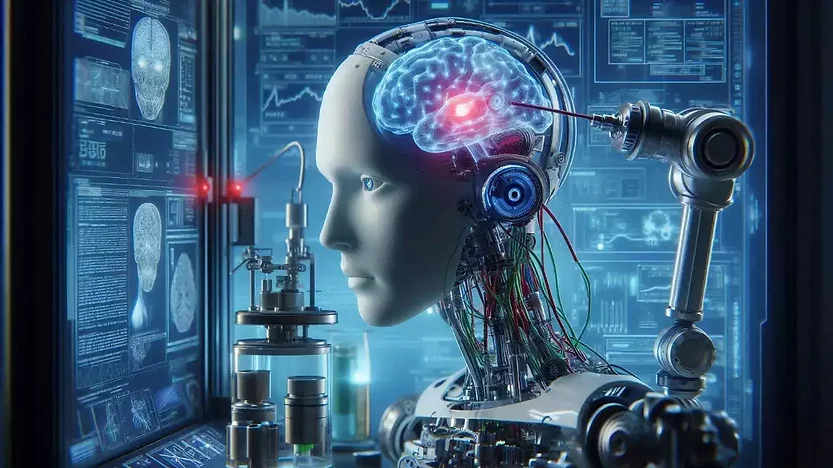Tech World
Scientists in China develop robot with lab-grown artificial brain

Researchers at Tianjin University and the Southern University of Science and Technology in China have advanced brain-on-chip technology to create a robot with a lab-grown artificial brain, as reported by the South China Morning Post.
The scientists achieved this by merging a brain organoid, derived from human stem cells, with a neural interface chip, a technology known as the Brain-Computer Interface (BCI). This BCI technology enables the robot to learn to avoid obstacles and grip objects.
Ming Dong, vice-president of Tianjin University, explained in a statement to Science and Technology Daily: “[This] is a technology that uses an in-vitro cultured ‘brain’—such as brain organoids—coupled with an electrode chip to form a brain-on-chip, which encodes and decodes stimulation feedback.”
The researchers stated that forming a brain organoid requires human pluripotent cells, typically found only in early embryos. When grafted into the brain, these cells can establish functional connections with the host brain, as detailed in a manuscript published in the peer-reviewed journal Brain by Oxford University Press in May.
Li Xiaohong, a professor at Tianjin University, noted that BCI technology still faces challenges, including low developmental maturity and insufficient nutrient supply.
The research team also developed a technique using low-intensity ultrasound to enhance the integration and growth of organoids in the brain. They found that applying low-intensity ultrasound to the brain organoid could stimulate the differentiation of organoid cells into neurons, improving the networks formed with the host brain.
According to the research paper, the BCI technique holds potential for treating various neurodevelopmental disorders and could be beneficial in repairing damage to the cerebral cortex.